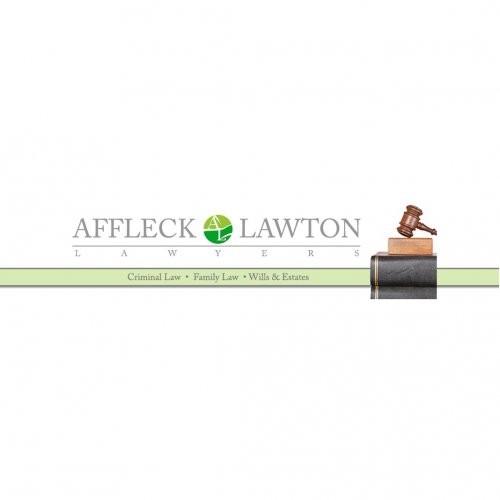Best Arrests & Searches Lawyers in Beenleigh
Share your needs with us, get contacted by law firms.
Free. Takes 2 min.
List of the best lawyers in Beenleigh, Australia
About Arrests & Searches Law in Beenleigh, Australia
The law of Arrests & Searches in Beenleigh, Australia, like the rest of the country, is governed by the national Criminal Code Act 1995 (Cth). This law details the controls, limits, and rights of both law enforcement and civilians during arrests and searches. The cops have the right to arrest or search someone when there is a reasonable suspicion of illegal activities or breach of laws. However, certain constraints need to be followed.
Why You May Need a Lawyer
Getting arrested or having your premises searched can be confusing and intimidating, even more so if you are uncertain about your rights. You may need a lawyer for various reasons such as to understand your rights during an arrest or search, to challenge the legitimacy of the arrest or search or to represent you if charges are filed post-arrest. Lawyers can also help when negotiating with law enforcement or prosecuting authorities, ensuring fair treatment, and navigating the complex legal system.
Local Laws Overview
In Beenleigh, Australia, arrests and searches must adhere to the principles detailed in the Police Powers & Responsibilities Act 2000. Under this Act, police must have a reasonable suspicion before arresting or searching an individual. Arrests without a warrant are permissible under certain conditions. An individual has a right to consult a lawyer at any time post-arrest and must be informed of this right. During a search, police must respect individual privacy and dignity as much as possible, and intrusive searches are only allowed under stringent conditions. Additionally, these activities must be conducted in the presence of an independent witness, if requested.
Frequently Asked Questions
Can the police search me without a warrant?
Yes, if the police have a reasonable suspicion that you have engaged in an illegal activity, they can search you without a warrant. However, the police officer must provide his/her details and explain why the search is necessary.
What are my rights if I'm arrested?
If arrested, you have the right to remain silent (except for providing your name and address), the right to contact a relative or friend, and the right to speak with a lawyer before responding to any police questioning.
Can I resist an arrest or search?
Resisting an arrest or search could lead to an additional charge of resisting or obstructing a police officer. If you believe the activity is unlawful, it's best to remain compliant but express your objections clearly and consult a lawyer as soon as possible.
Can the police enter my home without my permission?
Under normal circumstances, police require your consent or a warrant to enter your property. However, in certain cases, for example, where there is a necessity to prevent the destruction of evidence, arrest someone, or urgently protect someone’s life, they may enter without your permission.
What can I do if my rights have been violated during an arrest or search?
If you think your rights have been breached, you should consult a lawyer to discuss the situation. You may lodge a complaint to the Crime and Corruption Commission or the state Police Ombudsman.
Additional Resources
You may find useful information by visiting websites of Australian law schools, the Queensland Law Handbook, or the website of the Australian Government Attorney-General's Department. They offer a variety of resources including explanatory documentation, case studies, and legal advice options.
Next Steps
If you require legal assistance regarding an arrest or search, consider seeking initial advice from a free legal advice service such as Legal Aid Queensland. If your situation is complex or serious, it is recommended that you engage a lawyer who specializes in Criminal Law. Remember, early legal advice can often prevent minor issues from becoming major issues.
Lawzana helps you find the best lawyers and law firms in Beenleigh through a curated and pre-screened list of qualified legal professionals. Our platform offers rankings and detailed profiles of attorneys and law firms, allowing you to compare based on practice areas, including Arrests & Searches, experience, and client feedback.
Each profile includes a description of the firm's areas of practice, client reviews, team members and partners, year of establishment, spoken languages, office locations, contact information, social media presence, and any published articles or resources. Most firms on our platform speak English and are experienced in both local and international legal matters.
Get a quote from top-rated law firms in Beenleigh, Australia — quickly, securely, and without unnecessary hassle.
Disclaimer:
The information provided on this page is for general informational purposes only and does not constitute legal advice. While we strive to ensure the accuracy and relevance of the content, legal information may change over time, and interpretations of the law can vary. You should always consult with a qualified legal professional for advice specific to your situation.
We disclaim all liability for actions taken or not taken based on the content of this page. If you believe any information is incorrect or outdated, please contact us, and we will review and update it where appropriate.








